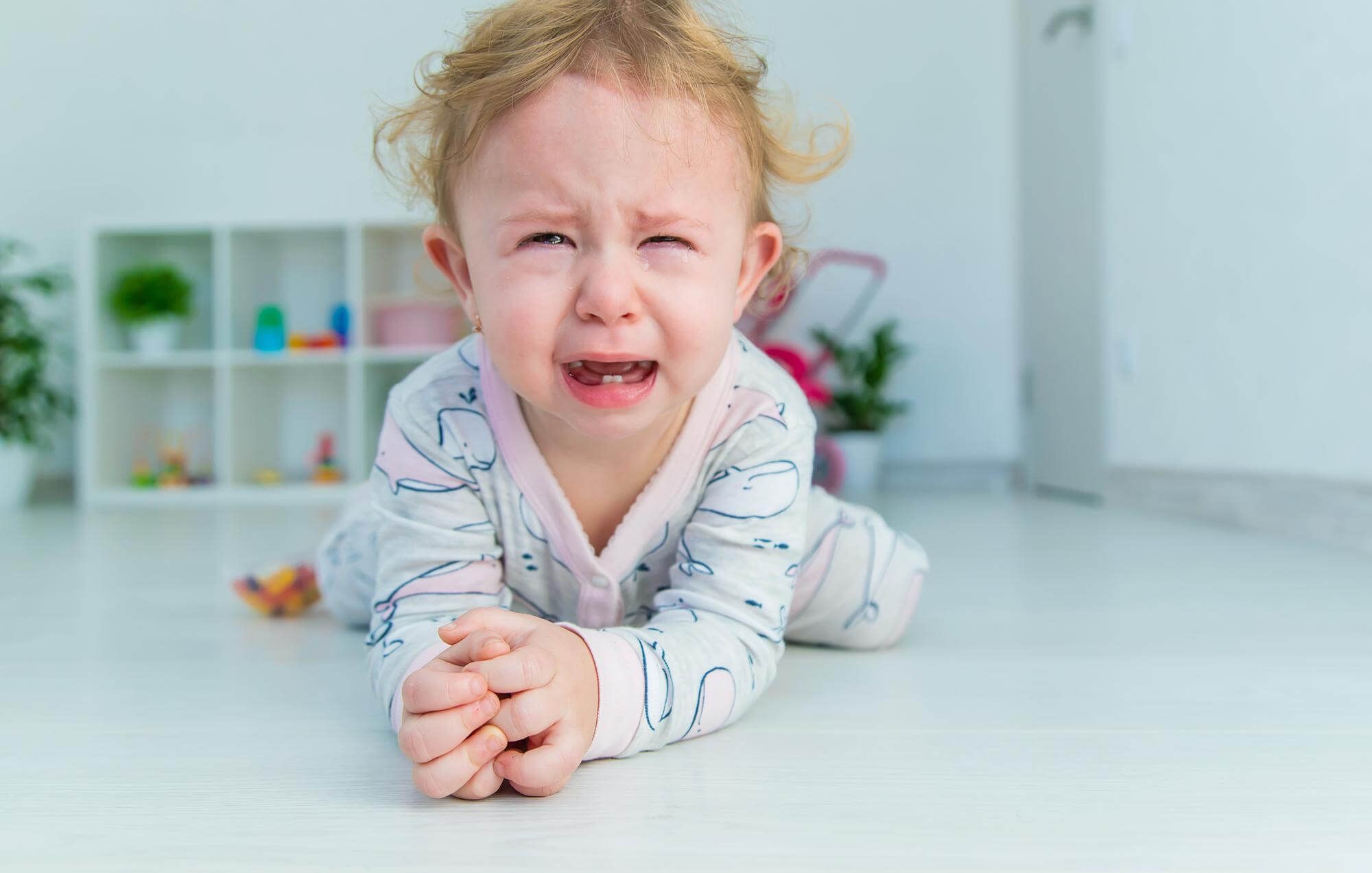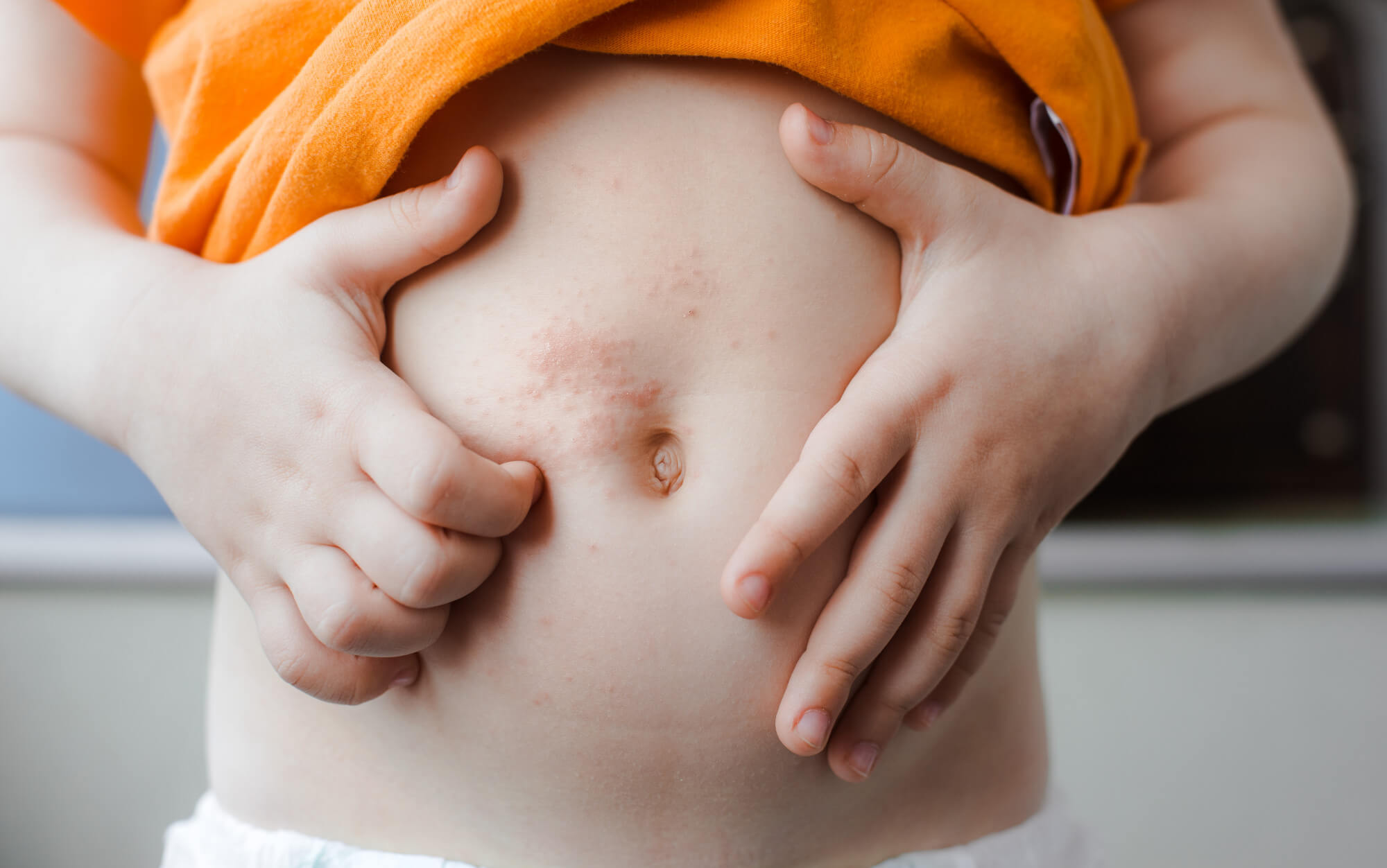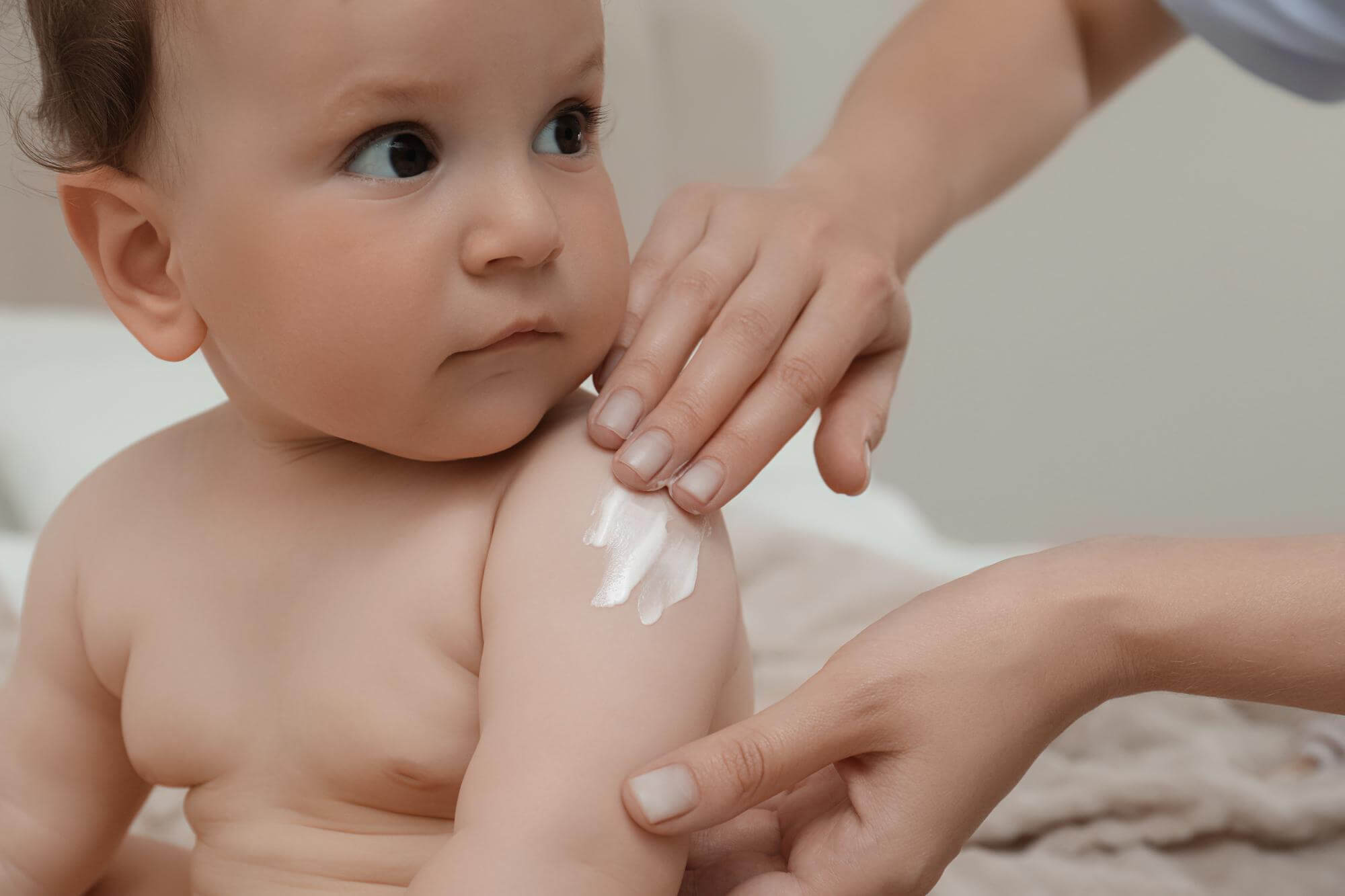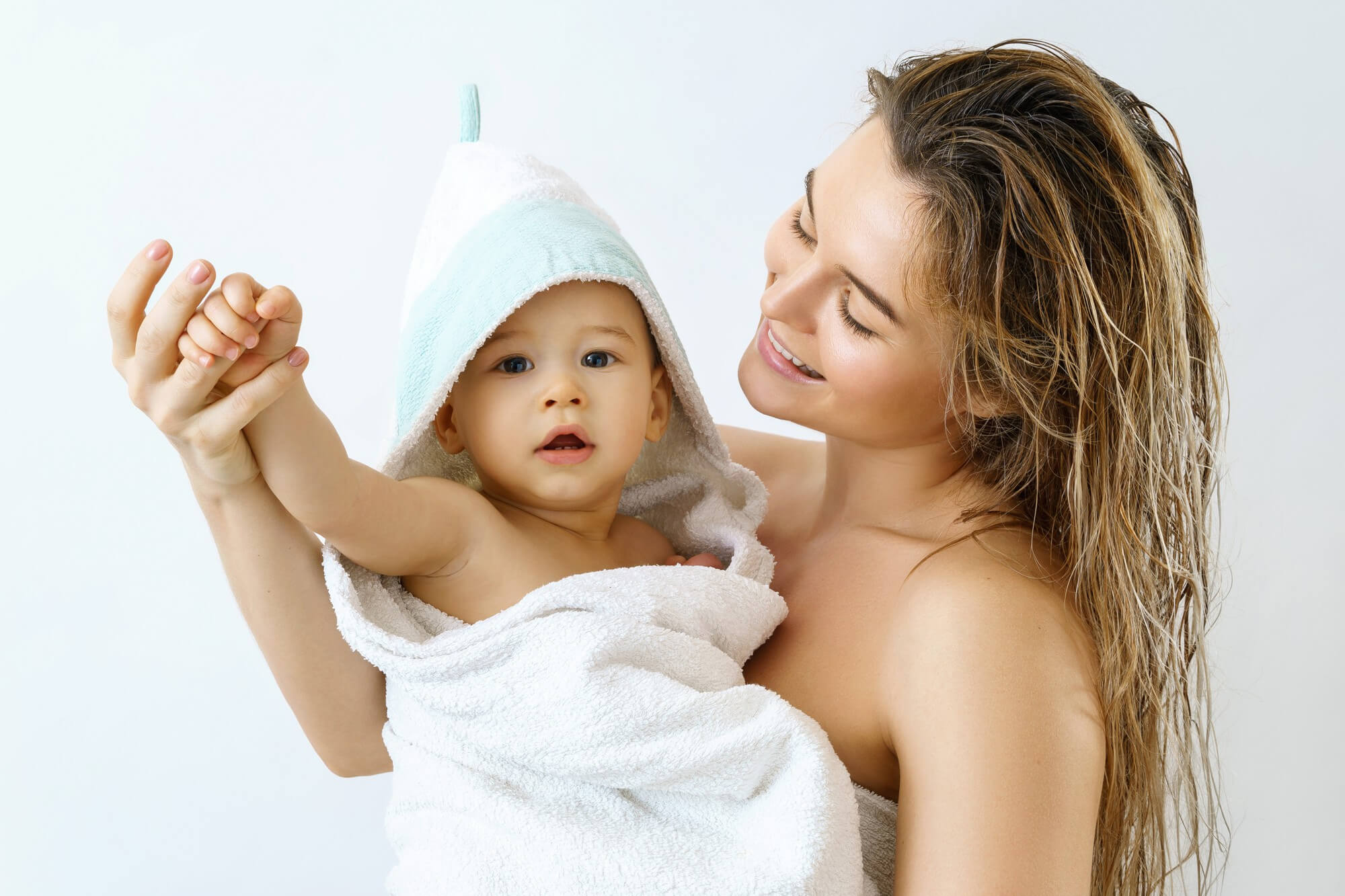Modern treatments for eczema in children


Eva Zakharova
What is eczema in a child?
Eczema in children is a chronic inflammatory skin condition that often begins in early childhood. Eczema is manifested by red, itchy, sometimes moist rashes that can appear in any area of the body. It is important to understand that childhood eczema is not contagious.
Types of eczema in children
There are different forms of eczema that can appear in children. The most common type is atopic dermatitis, which usually appears on an infant's cheeks, on the hands and feet of a toddler, and in a teenager, on the inside of the bends of the knees and elbows.
Causes of eczema in children

- Science confirms that genetic predisposition plays an important role in the occurrence of eczema in children. If one parent has eczema, the risk of the child developing the disease increases significantly.
- Food allergies can also trigger eczema. It is usually related to allergies to certain foods, such as milk, eggs, nuts, and fish.
- Eczema in a child can also be caused by non-food allergens, such as pollen, house dust, animal hair, and some of the materials from which children's clothes and bedding are made.
- Environmental factors such as stress, hot and dry climates can cause or exacerbate eczema symptoms in children.
Eczema symptoms in children

- Common symptoms of eczema in children are skin rashes, itching, redness and inflammation. The rashes usually appear on an infant's face, head and body, as well as on the arms and legs of a teenager.
- Each type of eczema has its own specific symptoms. Atopic dermatitis often causes itching and redness of the skin, especially on the cheeks of infants and toddlers. Eczema on the fingertips can cause cracked and dry skin.
How is eczema diagnosed in children?

- To diagnose eczema in children, a doctor performs a physical exam, which evaluates the overall condition of the skin, the presence of rashes, and other characteristic signs of the disease.
- In some cases, tests, such as a general blood test or allergy tests, may be ordered to determine possible allergens that cause eczema.
If your child has symptoms of eczema, you should see a doctor right away. You should also go to the doctor if the skin condition worsens, if there is a fever or if there are signs of infection.
Treatment of eczema in children

Topical creams and ointments such as hydrocortisone or ointments based on tacrolimus and pimecrolimus are often used to treat eczema in children to help reduce inflammation and itching.
In some cases, systemic medications such as corticosteroids or immunomodulators may be prescribed if the disease is severe.
Simple home remedies, such as applying moisturizing creams regularly, can help improve skin conditions and relieve eczema symptoms in children. It's especially helpful to apply the cream immediately after bathing to help retain moisture in the skin.
Eczema nutrition and diet
Nutrition also plays an important role in the treatment of eczema. Eliminating potential allergens from the diet and increasing consumption of foods rich in omega-3 fatty acids can help reduce symptoms.
Eczema prevention in children

To prevent eczema or reduce its symptoms, keep your child's skin moisturized regularly, use gentle bathing products, and avoid irritating materials in clothing.
Eating a proper diet, getting enough sleep, being physically active and reducing stress levels can also help prevent eczema in children.
In conclusion, eczema in children is a condition that can be controlled. Parents should be alert to the symptoms of eczema and take steps to alleviate those symptoms. Remember that early diagnosis and adequate treatment can greatly improve your child's quality of life. If you notice signs of eczema in your child, see a specialist.
New materials
Popular Articles
We recommend reading
Contact us in the Contact Us section to ask questions, offer ideas, or for more information about our allergy resource.
Our articles are your trusted source of allergy knowledge. Learn how to make life with allergic reactions easier on our specialized portal.
©
Lechenie-Allergii.com. All rights reserved.
© Lechenie-Allergii.com. All rights reserved.
The information on this site is for informational purposes only and is not a substitute for professional medical advice. We recommend consulting with qualified medical professionals for accurate information and advice.
 English
English  Українська
Українська  Русский
Русский 









